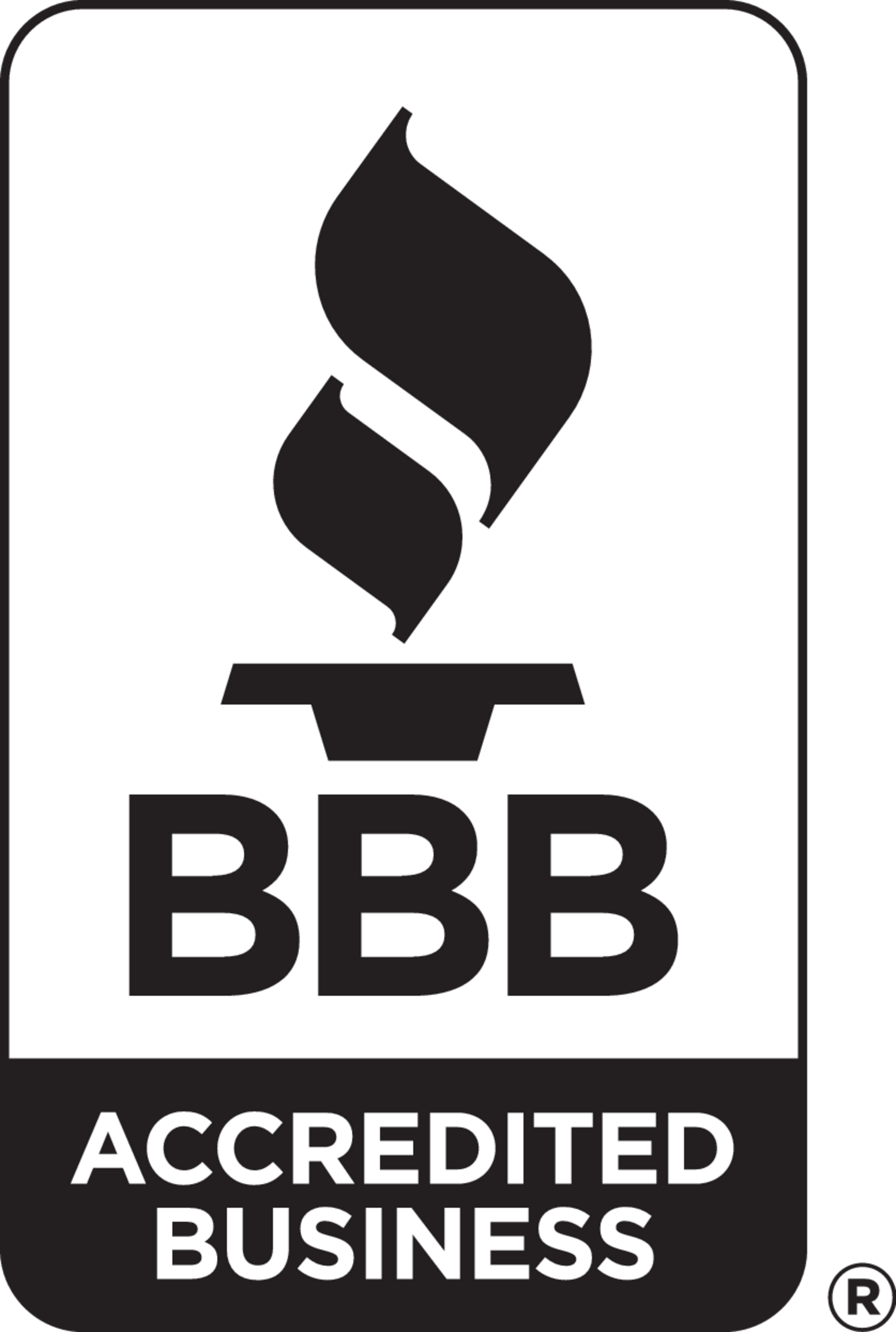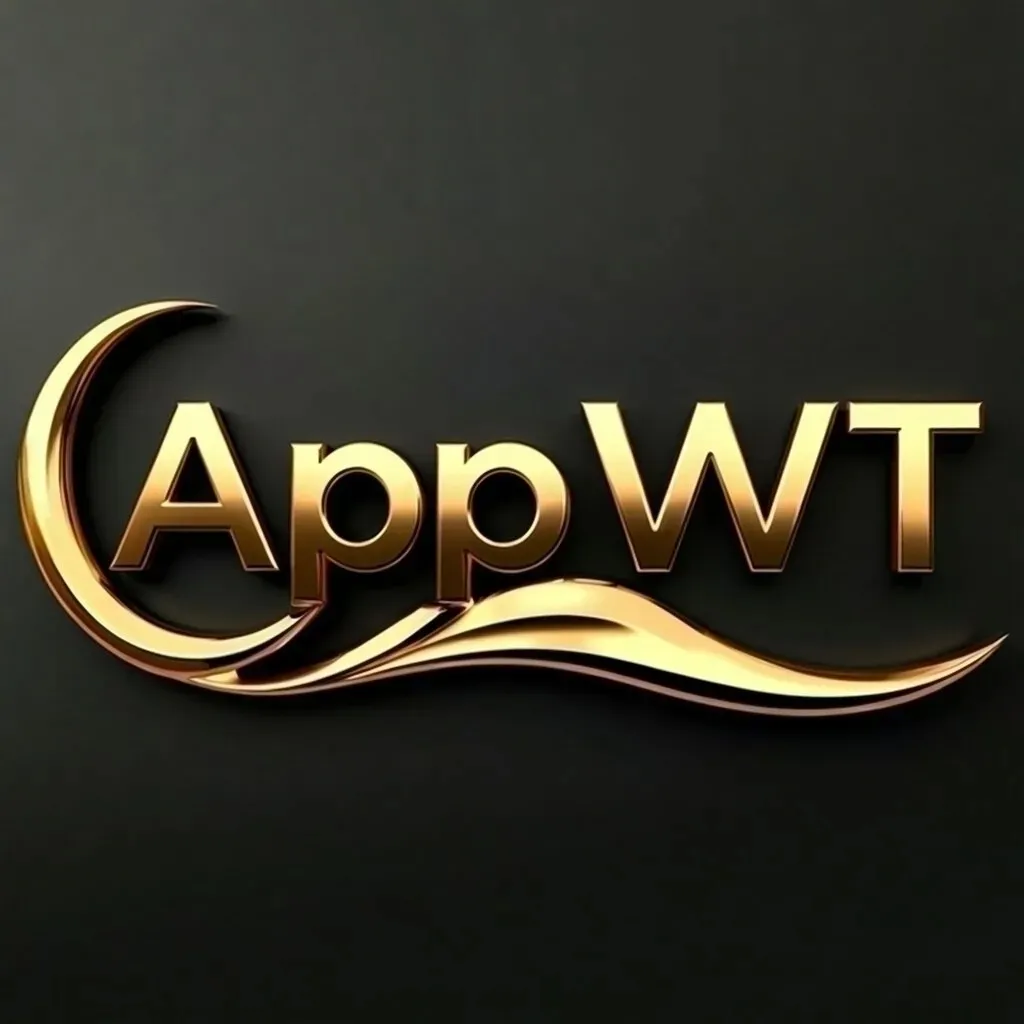Examine WordPress governance challenges affecting community trust, security practices, and the long-term sustainability of the worlds most popular content management system.
The Governance Structure Challenge
WordPress governance operates through a unique structure combining open-source community contributions with commercial interests from Automattic and other stakeholders. This hybrid model creates tensions between community-driven development and corporate priorities, affecting decision-making processes and strategic direction.
The lack of formal governance documentation and transparent decision-making processes raises concerns about accountability and representation. Major architectural decisions often occur without comprehensive community consultation, leading to features that may not align with user needs or security requirements.
Security Response and Coordination
WordPress security governance faces challenges in coordinating responses across the vast ecosystem of themes, plugins, and hosting providers. The decentralized nature of development creates gaps in security oversight, with varying standards and practices across different components.
Plugin abandonment represents a critical governance failure, with thousands of installations running unmaintained code containing known vulnerabilities. The absence of mandatory security reviews or sunset provisions for abandoned plugins exposes millions of sites to exploitation.
Security Statistics: 73% of WordPress vulnerabilities originate from plugins. Average time to patch critical vulnerabilities: 42 days. 34% of compromised sites run outdated core versions. 61% of plugin authors never issue security updates. Abandoned plugins affect 2.3 million active installations.
Community Trust and Transparency
Recent governance decisions have eroded community trust, particularly regarding feature prioritization and resource allocation. The introduction of controversial features like Full Site Editing occurred despite significant community resistance, demonstrating disconnect between leadership and user base.
Transparency issues extend to financial aspects, with unclear relationships between WordPress.org, WordPress Foundation, and commercial entities. This opacity creates uncertainty about resource allocation, development priorities, and potential conflicts of interest affecting platform direction.
Plugin Repository Management
The WordPress plugin repository operates with minimal oversight, allowing publication of code without comprehensive security review. While this openness encourages innovation, it also enables distribution of vulnerable or malicious code that compromises user sites.
Repository policies lack enforcement mechanisms for code quality, security standards, or maintenance requirements. Developers can abandon plugins without notification, leaving users vulnerable to security issues without clear migration paths or alternatives.
Decision-Making and Accountability
WordPress lacks formal mechanisms for community input on major decisions affecting the platform. The benevolent dictator model concentrates power without clear succession planning or checks and balances, creating long-term sustainability risks.
Feature development often proceeds without comprehensive impact assessments or security evaluations. The rush to implement new capabilities sometimes compromises stability and security, as evidenced by numerous issues following major releases.
Economic Conflicts and Sustainability
The relationship between WordPress.org and commercial hosting providers creates inherent conflicts regarding performance optimization and caching strategies. Hosting companies implement proprietary solutions that may conflict with core WordPress functionality, fragmenting the user experience.
Funding models relying on voluntary contributions and corporate sponsorship create dependencies that may influence development priorities. The lack of sustainable funding for critical security infrastructure poses long-term risks to platform stability.
Impact on Enterprise Adoption
Governance uncertainties deter enterprise adoption, with organizations concerned about long-term platform stability and security commitments. The absence of service level agreements or support guarantees for critical issues creates risks for mission-critical deployments.
Compliance requirements for regulated industries conflict with WordPress's informal governance structure. Organizations struggle to demonstrate due diligence when platform governance lacks formal documentation and accountability mechanisms.
Michigan Business Considerations
Michigan businesses relying on WordPress must implement additional governance layers to mitigate platform risks. This includes comprehensive security monitoring, vendor management for plugins, and contingency planning for potential platform changes.
AppWT Web & AI Solutions helps Michigan organizations navigate WordPress governance challenges through risk assessments, security implementations, and strategic planning. We provide governance frameworks that ensure business continuity despite platform uncertainties, protecting investments in WordPress infrastructure.
Need WordPress Governance and Risk Management?
Contact AppWT Web & AI Solutions for expert guidance on managing WordPress governance risks and implementing robust security practices. Our Michigan team specializes in enterprise WordPress strategies.
Call (888) 565-0171 to protect your WordPress investment with proper governance.













